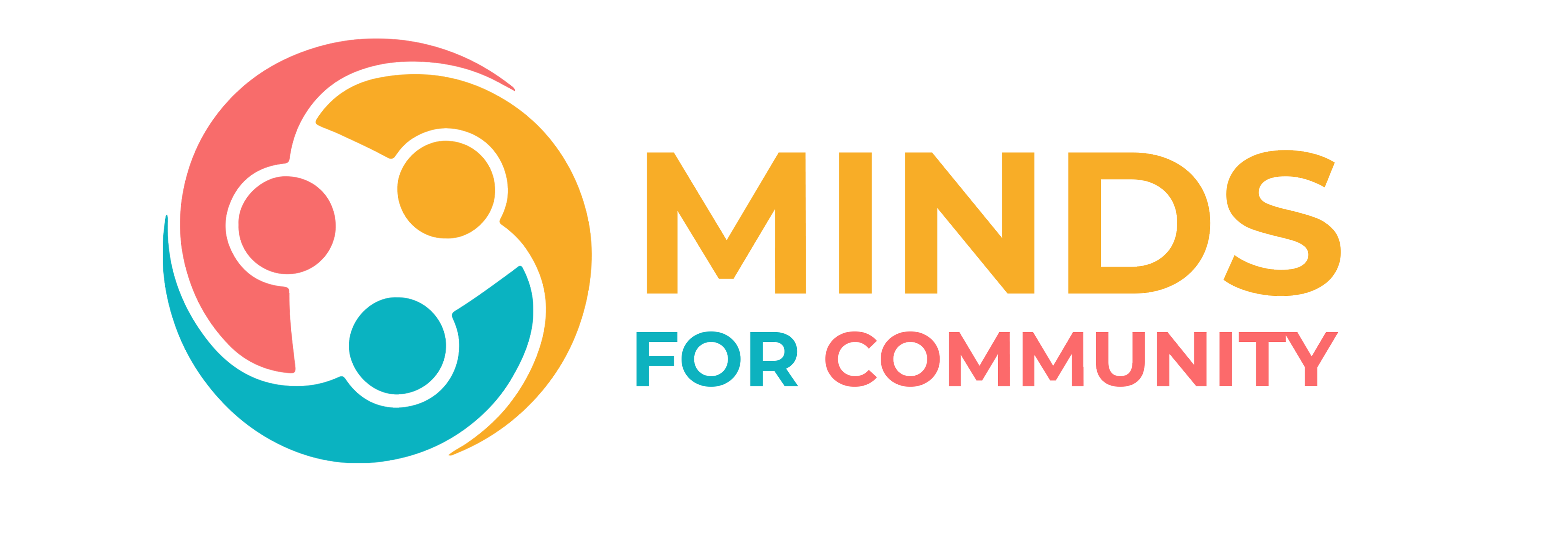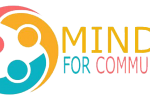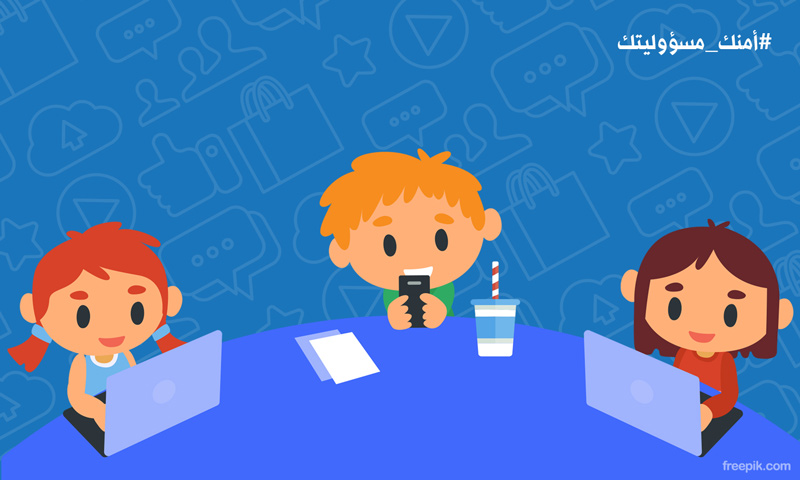For Luca, 19, being online is an essential part of his daily routine. But his two younger brothers, aged nine and six, have lives set to be even more digital than his.
“They’re using the internet already. It’s a bit scary to see how fast they are growing up and how technology is changing,” said Luca, who took part in the UN Committee on the Rights of the Child’s Day of General Discussion that examined children’s rights and digital media. “But the internet can really benefit children. I think we should not limit access but help children deal with the risks.”
Committee Chair Kirsten Sandberg said it was precisely because information and communication technologies (ICT) and social media were an increasing part of children’s lives that the Committee had decided to devote its discussions on 12 September to the issue.
“Digital media provide children with vast opportunities to learn, participate, play, work and socialise,” she told some 170 participants, who included media and communications experts, digital media researchers, government representatives, UN agencies and NGOs. “At the same time we must acknowledge that online interaction may expose children to new forms of harm that have to be tackled. The balance between empowerment and protection has to be found,” she added.
The 18 human rights experts who form the Committee review how countries implement the Convention on the Rights of the Child. Their aim in organising the discussion, held in Geneva, was to gain a deeper understanding of children’s use of digital media in order to be able to make more specific recommendations to States.
Children submitted written and video views ahead of the discussion, and the day was livetweeted by @UNrightswire, with the UN Human Rights Office social media team also updating the Office’s Facebook and Google+ pages throughout the event.
Discussions focused on two overarching themes: children’s equal and safe access to digital media and ICT, and children’s empowerment and engagement through digital media.
The risks of the online world were highlighted by Leticia Chanut, who described how she was cyberstalked when she was 17, an experience that left her suicidal. She now campaigns to combat cyber stalking and bullying.
“People here talk of laws, of statistics, but often they don’t know or understand how such stalking can affect you. But I do,” said Leticia.
“The digital environment touches every aspect of children’s lives for good or bad. But protection cannot be used to reduce participation,” said Professor Sonia Livingstone from the London School of Economics Media and Communications Department.
“For many children, socialising online is fundamental to them and to their feeling of being connected,” said Professor Amanda Third from the University of Western Australia.
Many speakers highlighted that while some children are indeed digital natives, lack of access as a result of geography, income or gender risks creating “digital orphans” excluded from the world of online opportunity and engagement.
Based on the discussions and the information they received, Committee members will produce a report containing key recommendations, to be published during their next session in January 2015.
The views of a Malaysian boy, in a video played to participants, highlighted the importance of the Committee’s deliberations. “I was born in the internet era,” he said. “I cannot imagine life without it.”





















